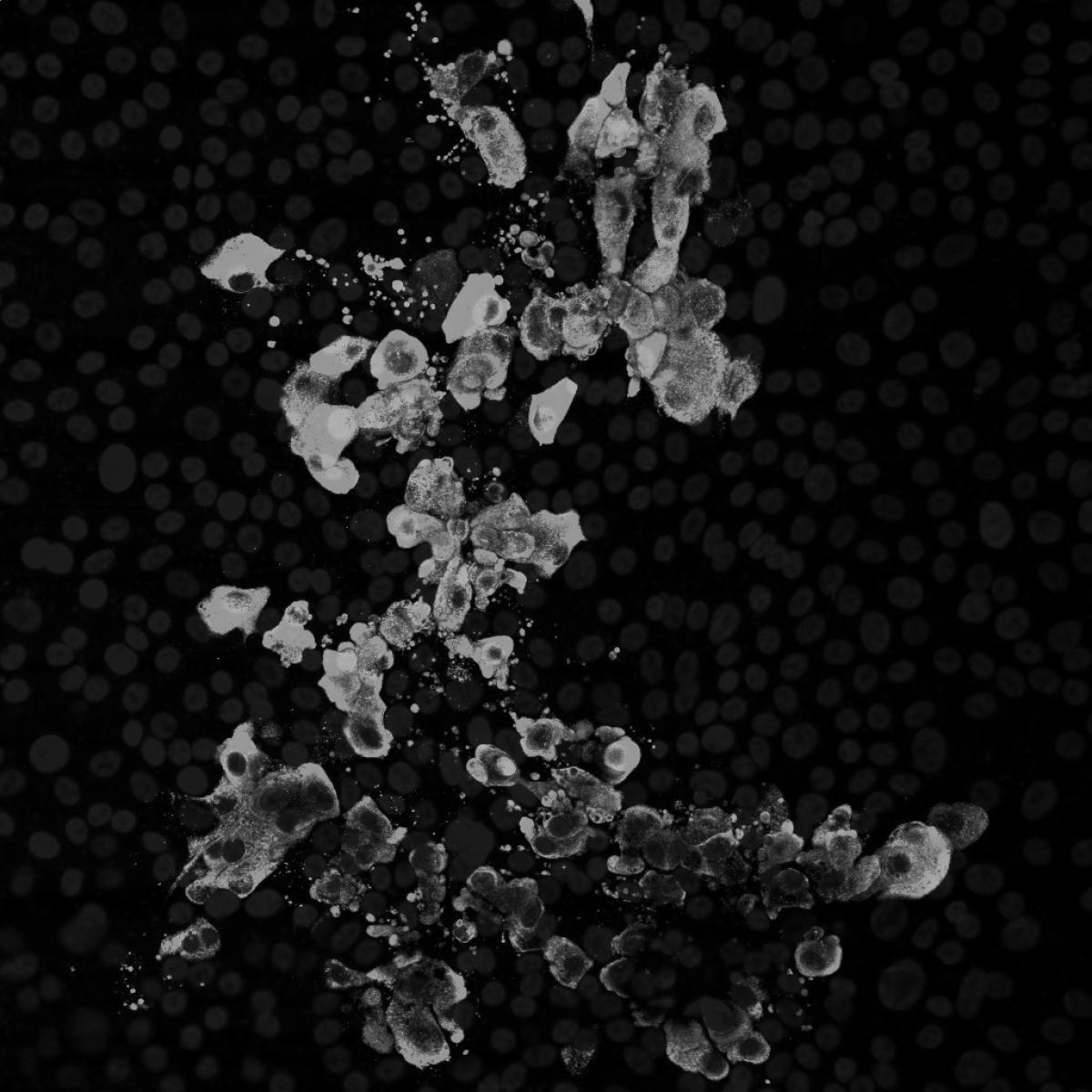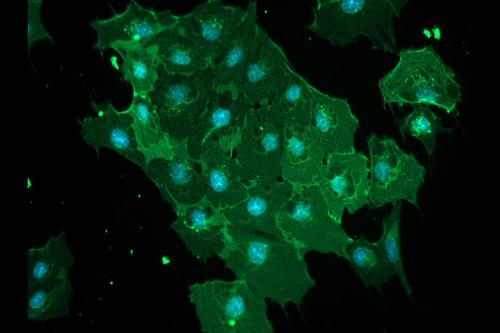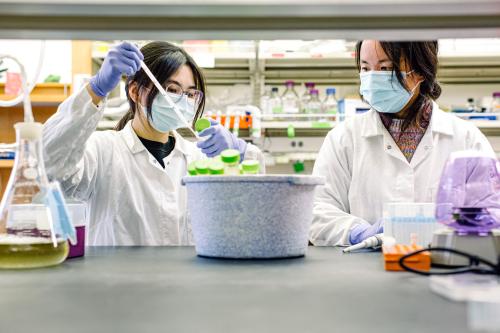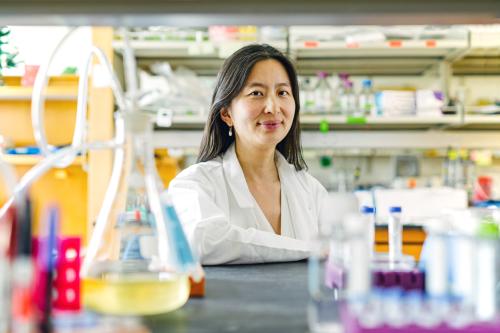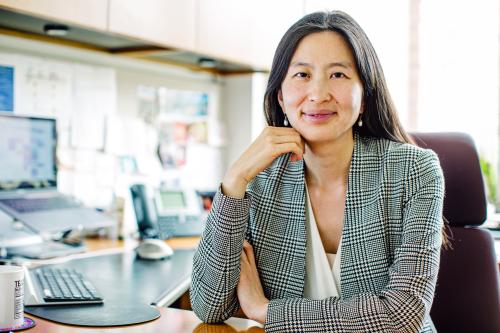
Melody Man Hing Li, Ph.D.
- Associate Professor, Microbiology, Immunology and Molecular Genetics

Melody Man Hing Li, Ph.D., studies the genetic and molecular underpinnings of the immune system’s response to mosquito-borne viruses such as alphaviruses and flaviviruses. She aims to identify the factors that enable the immune system to successfully fight off viral infections in order to develop new antiviral therapies.
As a trained molecular virologist, Li combines molecular biology, biochemistry, evolutionary biology and genome-wide approaches to study immune responses to medically relevant arboviruses — RNA viruses transmitted to humans primarily by mosquitos. Her ultimate goal is to shed light on the cellular mechanisms that play a role in various host-virus interactions and inform the development of effective vaccines and drugs to combat these viruses.
Li has made important contributions to the fields of host-virus interactions, innate immunity and cell biology. She’s collaborating with center member April Pyle, Ph.D., to study the molecular characteristics of alphaviruses that allow them to attack the brain. They’re conducting this research using a stem cell-derived blood-brain barrier cell culture system that enables them to closely examine the host immune response at the blood-brain barrier interface and to identify new genes that could protect from neuroinvasive viral infections.
In May 2022, Li was among a team of UCLA researchers who were awarded a grant to study the long-term effects of COVID-19, otherwise known as long COVID. With Li’s expertise in immunology, the team is investigating whether long COVID could be caused by lingering fragments of the SARS-CoV-2 virus that might remain even after the body has cleared the virus — triggering an overactive immune response. If their hypothesis is shown to be correct, the team hopes to identify therapies for patients who are suffering from the relatively new and often debilitating syndrome.
“When I saw the movie “Outbreak” as a kid, I was inspired by the fact that there was a courageous female scientist who was working to save the world from a deadly virus. I decided then that I wanted to save the world too by becoming a scientist — specifically a virologist.”
- Associate Professor, Microbiology, Immunology and Molecular Genetics
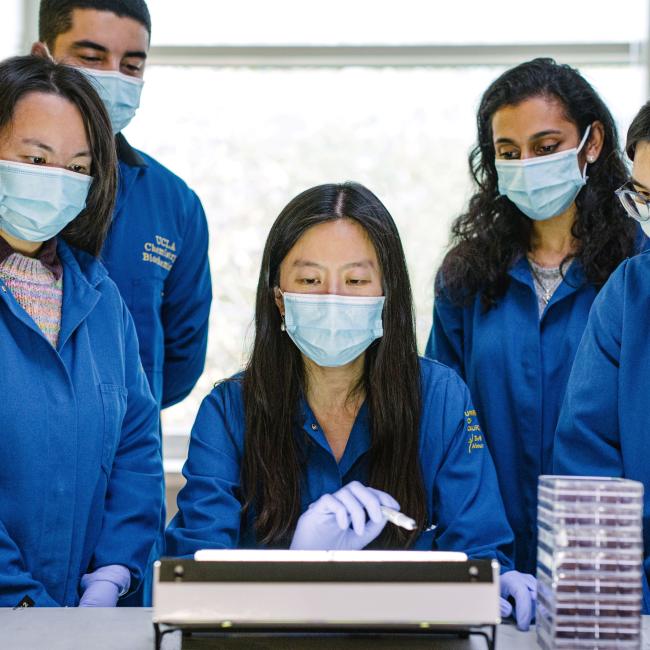
Research Projects
- Elucidating the cellular mechanisms that play a role in host-virus interactions to inform the development of vaccines and drugs that are effective against a wide range of viruses
- Identifying how viruses enter the central nervous system and attack the brain in order to develop therapies to prevent this process
- Developing novel antiviral therapeutics that target host- or viral-encoded functions
- Collaborating with bioengineering and drug discovery groups to design and test small molecule inhibitors with specific or pan-antiviral activity
-
Post-doctoral Fellowship
- Virology, The Rockefeller University, 2017
Degree
- Ph.D., Microbiology, University of Washington, 2011
-
